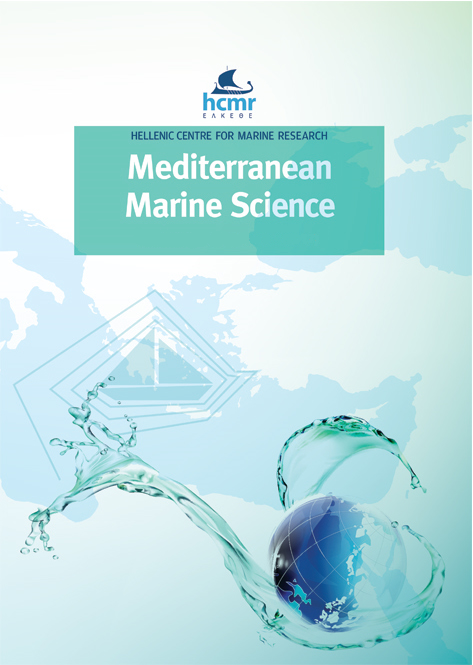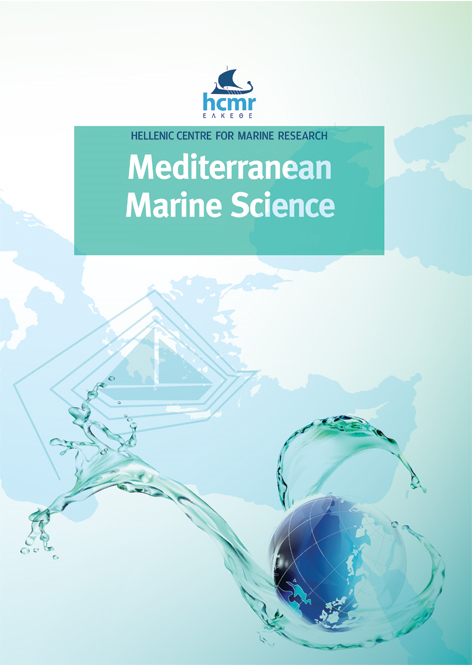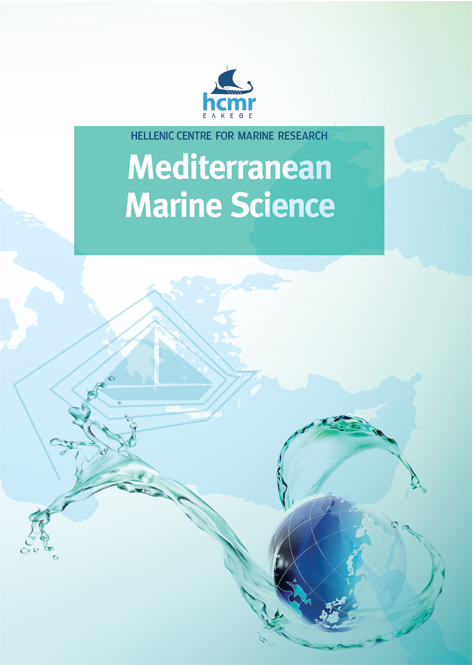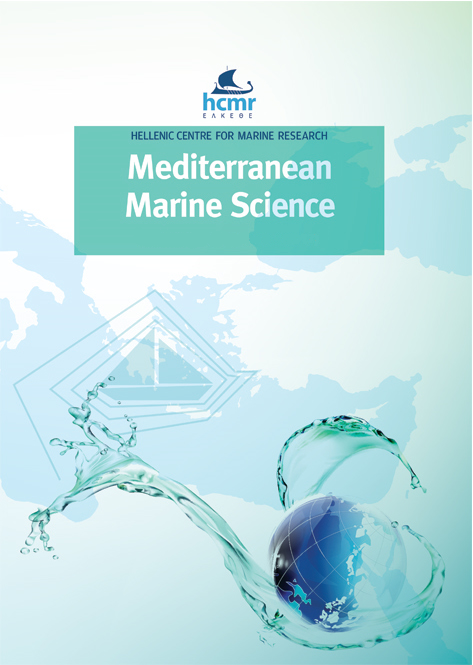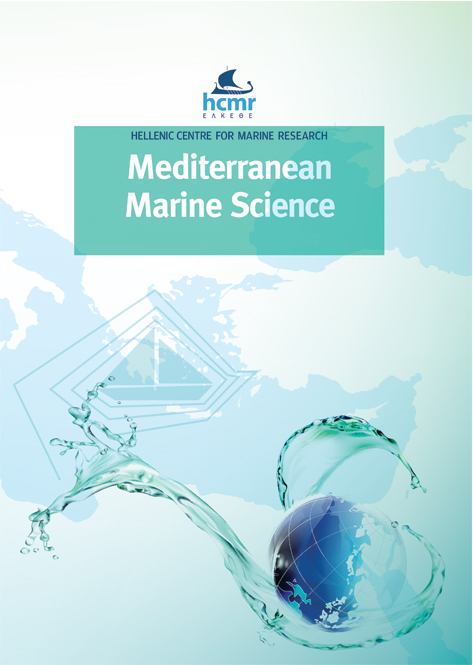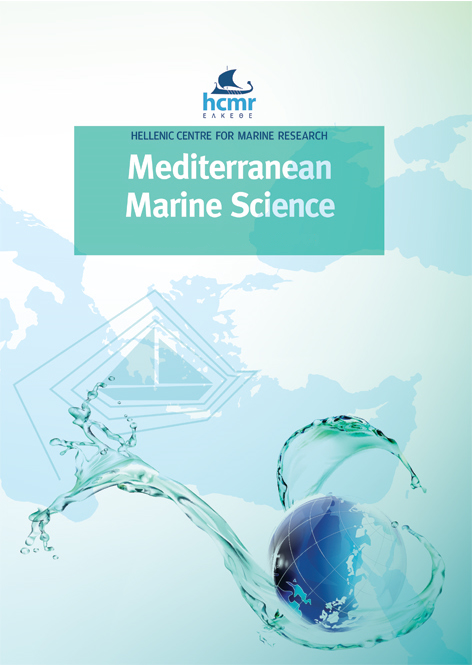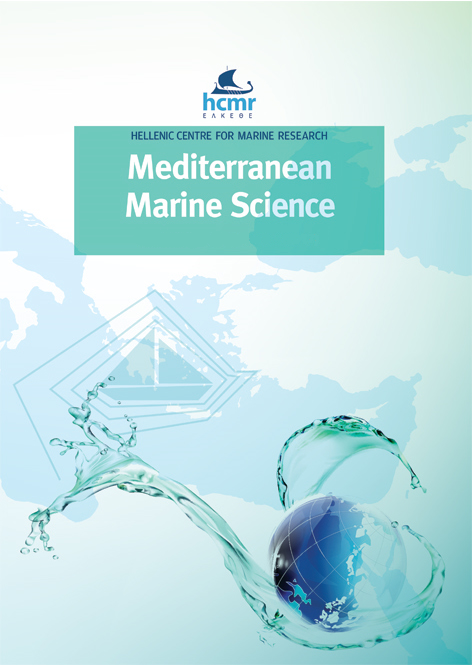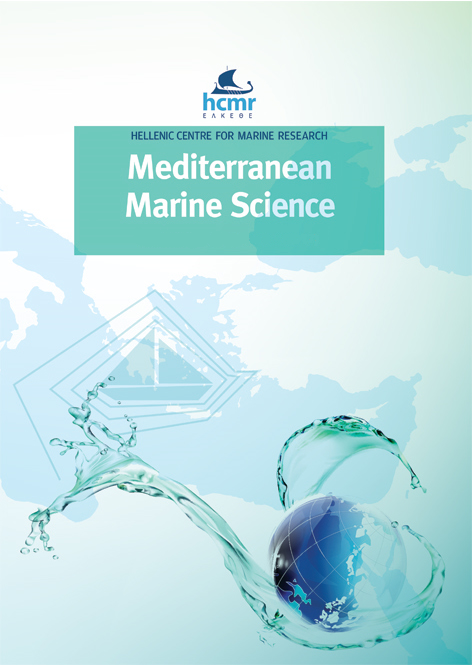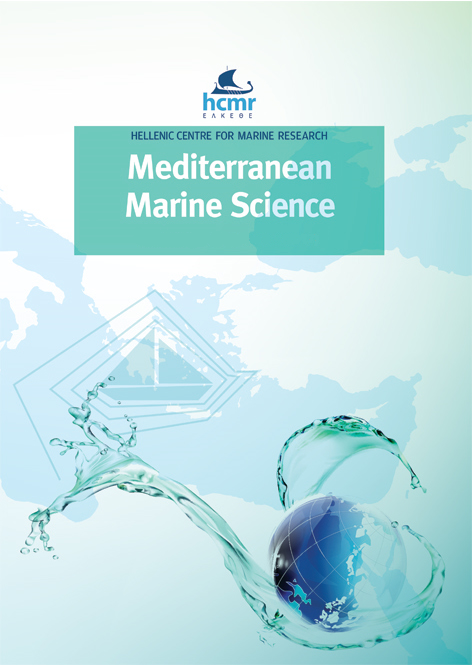Time lags in reporting of biological invasions: the case of Mediterranean Sea
Abstract
Time lags in non-indigenous species (NIS) reporting can create uncertainty in the analysis of NIS introduction rates, which can lead to inadequate actions, prevention measures and their evaluation. The present study aims to highlight time lags in marine NIS reporting in the Mediterranean Sea, i.e.: the time that mediates from the detection of a new NIS in the Mediterranean Sea until its publication. Our results revealed that the time lag in NIS reporting in the Mediterranean Sea has been considerably decreased during the last decades. There is also a noticeable difference in the time lag of reporting NIS in association with the taxonomic group of the species. Fish have generally shorter time lags in their reporting when compared with other taxonomic groups (e.g. macrophytes, Annelida, Bryozoa). Considering the widespread concern on marine introductions, it is essential to recognize the importance of taking into account time lags of reporting NIS that skew introduction patterns of marine NIS, permitting thus more accurate management assessments.
Article Details
- Come citare
-
ZENETOS, A., GRATSIA, E., CARDOSO, A.-C., & TSIAMIS, K. (2019). Time lags in reporting of biological invasions: the case of Mediterranean Sea. Mediterranean Marine Science, 20(2), 469–475. https://doi.org/10.12681/mms.20716
- Fascicolo
- V. 20 N. 2 (2019)
- Sezione
- Research Article
Authors who publish with this journal agree to the following terms:
- Authors retain copyright and grant the journal right of first publication with the work simultaneously licensed under a Creative Commons Attribution Non-Commercial License that allows others to share the work with an acknowledgement of the work's authorship and initial publication in this journal.
- Authors are able to enter into separate, additional contractual arrangements for the non-exclusive distribution of the journal's published version of the work (e.g. post it to an institutional repository or publish it in a book), with an acknowledgement of its initial publication in this journal.
- Authors are permitted and encouraged to post their work online (preferably in institutional repositories or on their website) prior to and during the submission process, as it can lead to productive exchanges, as well as earlier and greater citation of published work (See The Effect of Open Access).

